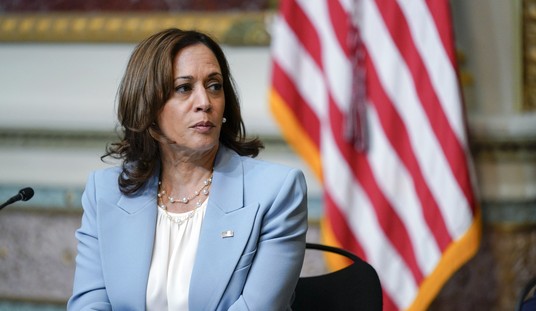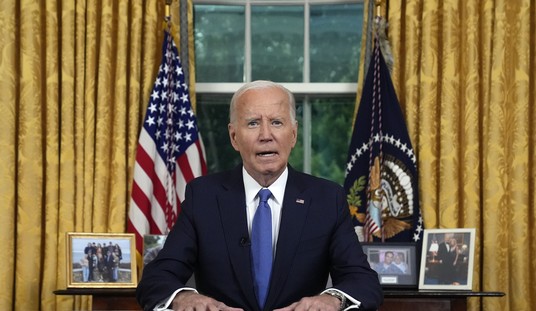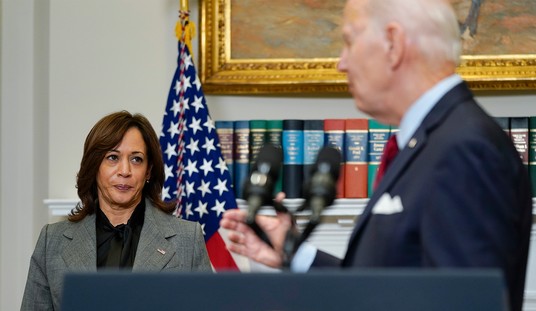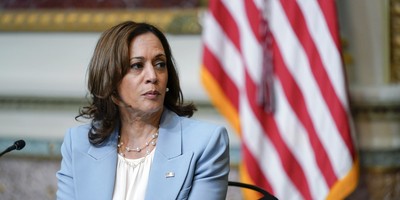Conspicuously missing from the discussion over the Romney tax proposals has been any attempt to emphasize reform's effect on the economy. After all, if the Romney tax plan is growth-enhancing, short-term revenue estimates must be balanced with the fact that, over the long term, the fastest-growing economy will produce the most tax revenue, period.
Princeton professor and former Bush Administration economist Harvey Rosen last week came out with his own estimate of the Romney plan to add to this question. His findings? If the effects of growth are taken into account, it's possible that there would be an increase in tax revenues from high-income groups.
[T]he recent debate has been more occupied with the arcana of tax preferences and how they are allocated across income classes than with the impact of economic growth. To be sure, the extent to which a program of tax reform (and regulatory reform) would actually increase growth is controversial. But that doesn’t mean it should be ignored; rather, it should be debated. Economic growth should take center stage in the ongoing national conversation over tax policy.
Recommended
While short-term revenues are something very important to take into account - the Congressional Budget Office estimates that one of the largest drags on economic growth over the next ten years is the effect of national debt payments - growth is something that cannot and should not be ignored. As Rosen writes, the TPC report completely sidesteps this question. This isn't abnormal, though; because of the uncertain effects of tax policy on economic growth, there are no official budget or forecasting organizations that take dynamic effects into account. But, as Rosen writes, academic economists should know better.
While there's been a recent movement to try to deny the longtime conventional wisdom that income taxes have a measurable effect on economic growth, there is a far longer and more comprehensive literature that taxes play a role. A recent OECD study finds that corporate taxes and personal income taxes are the most harmful, for example. A National Bureau of Economic Research paper emphasizes that even small changes in output add up significantly in the long-term. Another NBER paper by Bush Administration economist Martin Feldstein studied the hidden costs of tax increases. Despite the recent burst of pushback from Christina and David Roemer, Thomas Picketty and Emanuel Saez, the economic literature is long and comprehensive: there are significant, measurable effects of tax increases and tax hikes on economic growth. It's important and correct that forecasting organizations don't take dynamic effects into account. But it's just as important to try to emphasize tax policy reforms that will maximize economic growth.

























Join the conversation as a VIP Member